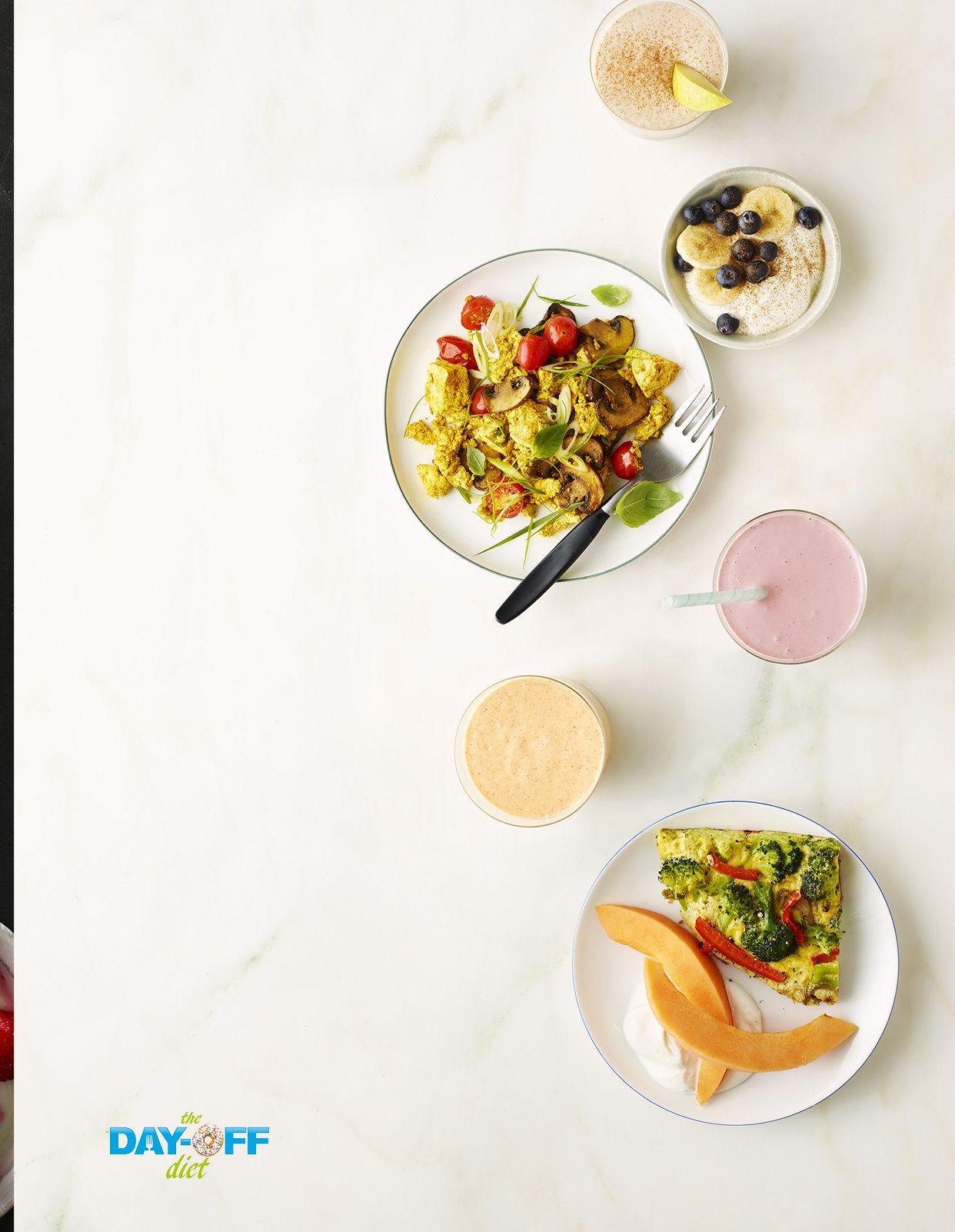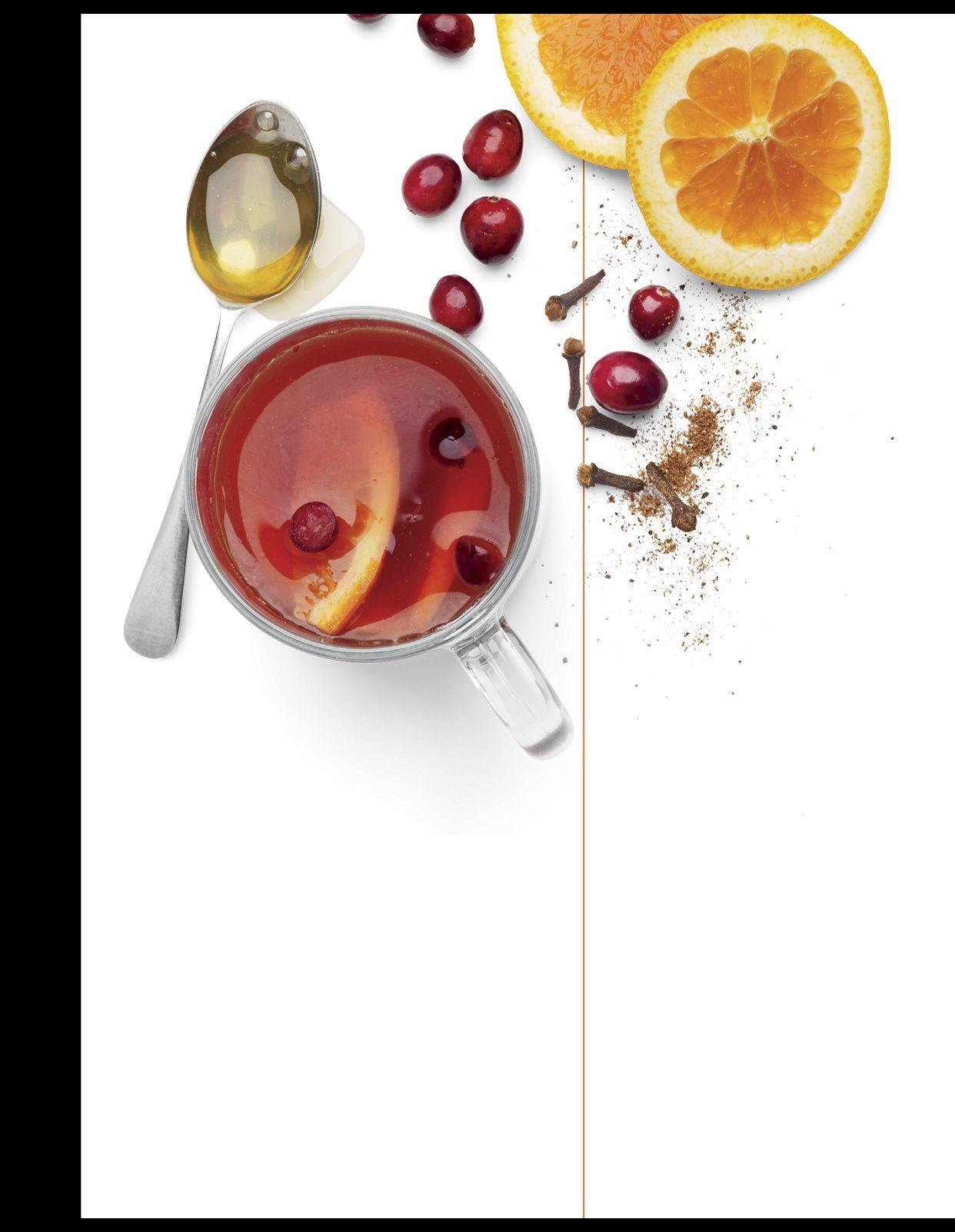
2 minute read
Ask Dr. Oz Anything
is almond butter really better for you than peanut butter? it’s so much more expensive!
The more severe the illness, the longer they stay plumped up.
Advertisement
OZ SAYS Both have about 200 calories and 7 grams of protein in 2 tablespoons. Each has a slightly different nutritional edge, but it’s pretty slim. Peanut butter has more folate; almond has more magnesium and vitamin E.
Even the fat profile isn’t that different: Almond has 1 gram less of saturated fat and about 2 grams more of monounsaturated. Otherwise, they’re basically equal.
So why the sudden almond butter craze? It could be driven by peanut-free classrooms or the popular paleo diet (followers often don’t eat legumes).
If you love it and don’t mind the price, buy the almond stuff. But it’s fine to opt for standard peanut butter, too—and then use the money you save to stock up on sunflower seeds and spinach (sources of the magnesium and vitamin E you might be missing out on).
No matter which nut butter you buy, scan the ingredients to be sure it’s not loaded with extra sugar.
Normal lymph nodes are about half an inch from top to bottom.
Q
If your lymph nodes are swollen, when should you call a doctor?
OZ SAYS There’s no need to make the call if they’re enlarged when you’re ill—it just means they’re doing their job. You have about 600 of these bean-shaped nodes, which are part factories, part filtration systems. They help make immune cells and filter bad stuff from your lymph fluid as it flows through them. The nodes swell as they ramp up activity when you’re sick, and your fingers can feel the ones that are closer to the surface (those in your groin, armpit, and neck), explains Punita Ponda, M.D., an assistant professor of medicine at Hofstra North Shore-LIJ School of Medicine. The bulge trigger could be something minor: A little infection in a nick on your leg can swell the nodes in your groin, for example; an eye infection can inflate ones in your neck.
But if they’re puffy and there’s nothing at all wrong, if nodes in several locations are prominent at once, or if they’re painful, call a physician, says Ponda. ?
why do you get the chills when you hear something thrilling or moving?
OZ SAYS For our ancient ancestors, chills were a handy response to danger—they caused the little muscles around our hair to contract to make it stand on end, so we’d appear bigger and less appealing as prey, says Christopher Lowry, Ph.D., an associate professor of integrative physiology at the University of Colorado Boulder. There’s no clear reason we should get chills when we’re not under siege. Scientists suspect that emotional moments (like big changes in a music score) startle our sympathetic nervous system into action the way an out-of-nowhere appearance of a zombie in a horror flick could. It’s not that we think we’re in danger, but somewhere deep inside, we get stirred up in the same way and have the same response.










